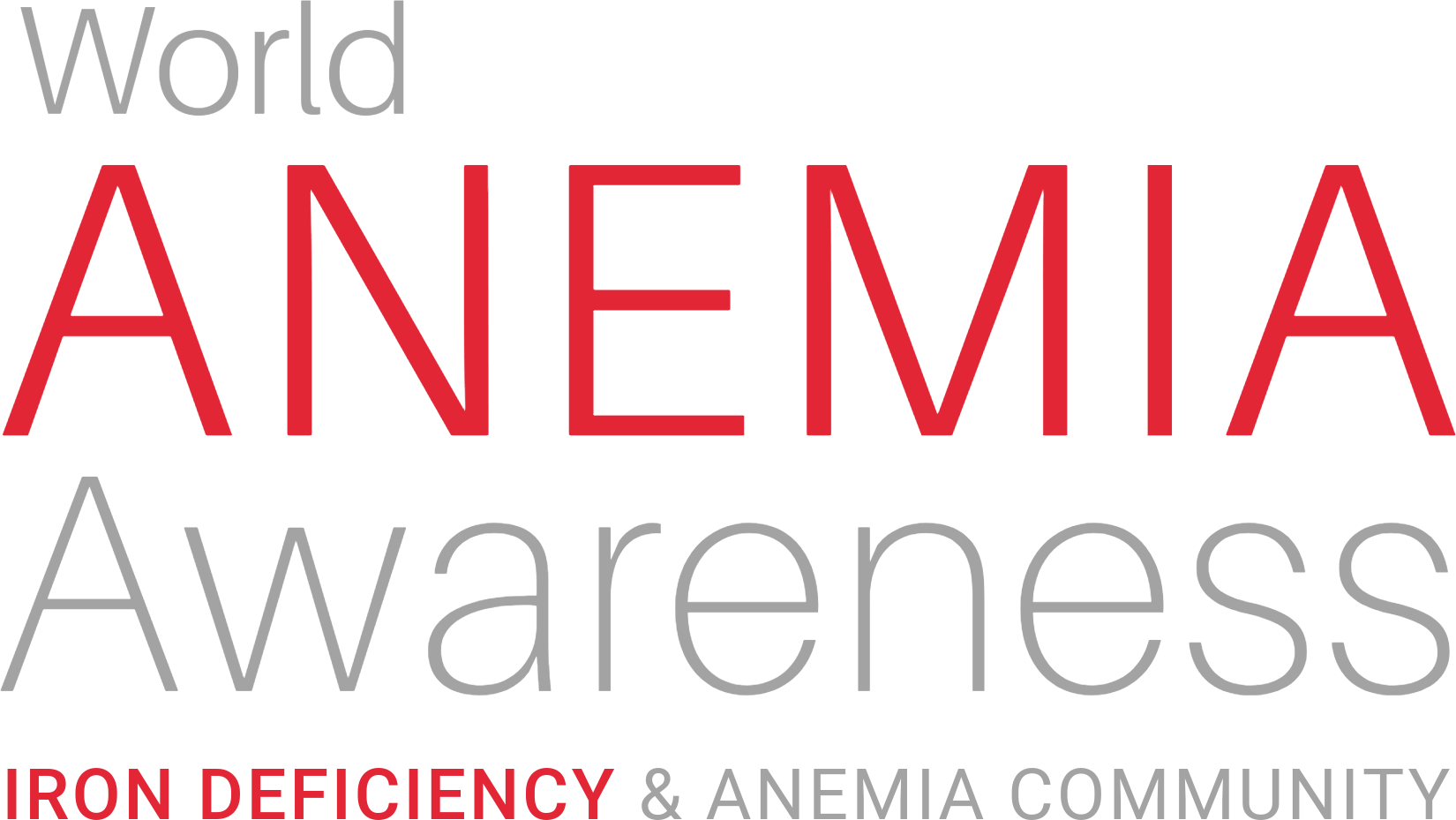Strong but Silent: The Hidden Health Crisis Facing Men Today
Reflecting on Men’s Health Week 2025 | The Conversation Must Continue
We look at the men around us—our fathers, sons, uncles, brothers—and we see protectors, providers, fighters. But here’s a question that might make you pause: When was the last time you asked one of them about their health?
Too many men suffer in silence from serious men’s health problems—not because they aren’t hurting, but because they’ve been taught that speaking up makes them less of a man. Men’s Health Week 2025 reminded us of a hard truth—but the conversation must continue beyond a single week.
Why Men's Health Matters More Than Ever
Men live shorter lives than women—by 4 to 6 years, on average. They’re also far less likely to seek help for medical or mental health concerns. Cultural expectations around masculinity teach men to ‘tough it out.’ However, ignoring symptoms doesn’t make them disappear—it turns treatable issues into silent killers.
Let’s be honest: When was your last full check-up? If you can’t remember, a women in your life probably can.
5 Men’s Health Issues You Can’t Ignore
Men’s health conditions often go unnoticed, yet they can change lives forever. Awareness makes a difference.
About one in eight men will face prostate cancer in their lifetime. Testicular cancer, though less common, is the leading cancer in men aged 15–35. Many delay screening out of fear, embarrassment, or denial. But early detection saves lives—and quality of life.
❗️Have you checked yourself lately?
❗️Do you know the signs?
Find out more about the warning signs and screening guidelines.
The Ultimate Stealth Attack.
Heart disease is the number one killer of men worldwide. It doesn’t always strike dramatically. It often starts with subtle whispers—breathlessness, fatigue, or mild chest discomfort. High blood pressure and cholesterol work silently for years, setting the stage for disaster.
❗️Do you know your blood pressure? Your cholesterol?
❗️Are you dismissing symptoms as “just stress”?
Men are often taught to bottle things up. To power through.
But that silence comes with a cost:
- Men make up seventy-five to eighty percent of suicides globally
- Anxiety and depression often go unrecognized
- Many men don’t seek help until they’re in crisis
❗️When did you last talk about how you’re really feeling?
❗️Are you carrying emotional pain alone?
Hard truth: “Manning up”, bottling up emotions isn’t strength—it’s slow suicide.
Speaking up isn’t weakness—it’s survival.
These conditions are ninjas—they work quietly in the background, damaging your heart, brain, kidneys, and eyes—often without symptoms.
By the time you feel something, the damage may already be done.
The good news? Small lifestyle changes can make a big difference. But you have to act before symptoms appear.
❗️Have you checked your blood sugar lately?
❗️Does diabetes run in your family?
Sickle cell disease is a serious genetic condition that causes severe pain, fatigue, and complications. It affects men worldwide, with higher prevalence in men of African, Mediterranean, Middle Eastern, and South Asian heritage.
And yet, men often endure it alone.
- Pain crises are minimized or dismissed
- Priapism (a painful, prolonged erection) is rarely spoken about
- Men are often labeled as “drug seekers” when seeking help
- The emotional toll is real, but invisible
❗️To the men living with sickle cell: Your pain is valid. You matter.
❗️To the rest of us: Are we truly listening?
Don’t wait
Talk. Test. Act.
Your loved ones need you here
Your Health Action Plan: What Does Real Strength Look Like?
Here’s something interesting: When women in your life mention a problem, you probably jump into solution mode immediately. Car making a weird noise? You’re researching mechanics. Kids need help with homework? You’re on it. Work crisis for your partner? You’re strategizing solutions.
But when it comes to your own health? Suddenly, that same problem-solving energy disappears. That chest tightness becomes “just stress.” The constant fatigue is “working too hard.” The mole that’s changed shape can “wait until next month.”
Let’s rewrite what it means to be strong.
Real strength is:
- Getting that check-up
- Talking openly about physical or emotional pain
- Taking charge of your health
- Supporting another man to do the same
Take one action today:
- Book your physical
- Ask someone, "How are you doing, really?"
- Check in with yourself
- Choose one healthy change and stick with it
What men’s health issue have you been ignoring?
Breaking the Cycle: How We All Can Help

If you’re a man: Speak up. Get checked. Take action.
If you love a man: Ask the hard questions. Don’t accept “I’m fine.”
If you’re a healthcare provider: Create space for men to speak without shame or fear.
You’re Not Invincible—You’re Irreplaceable

We can’t afford to lose more men to silence.
Men’s Health Week may be over—but your health matters every single day.
Start now. Speak up. Get seen. Get support.
So… what will your first step be?
For anyone fighting chronic illness: You’re not defined by your condition. You’re defined by how you choose to live with it.
Read more: Living with Sickle Cell: A Story of Strength and Hope





